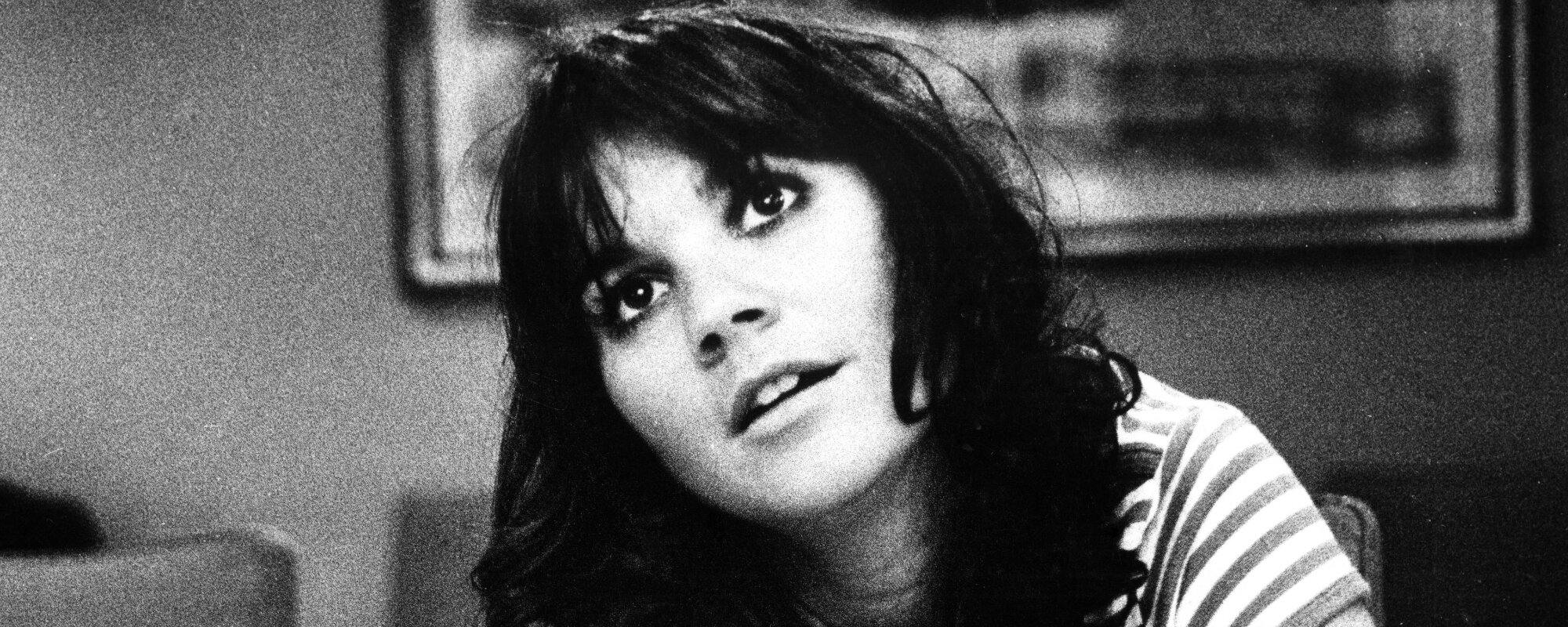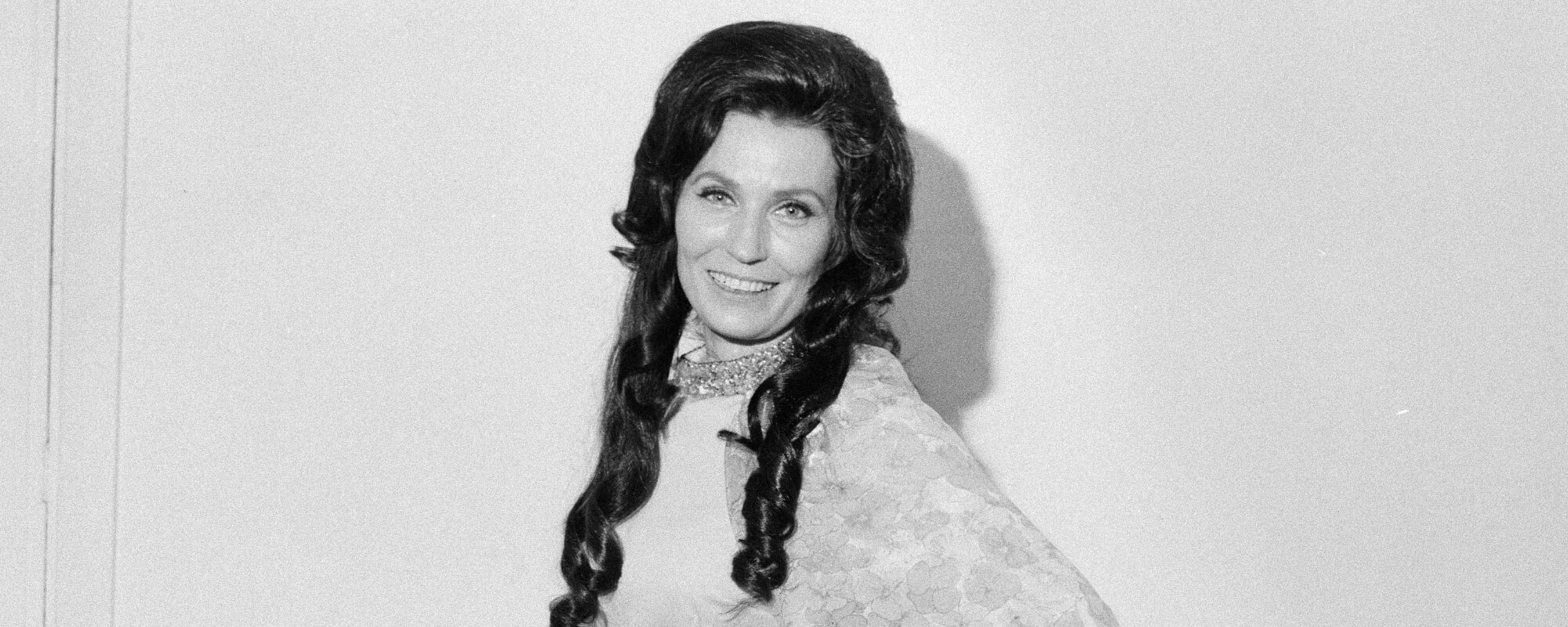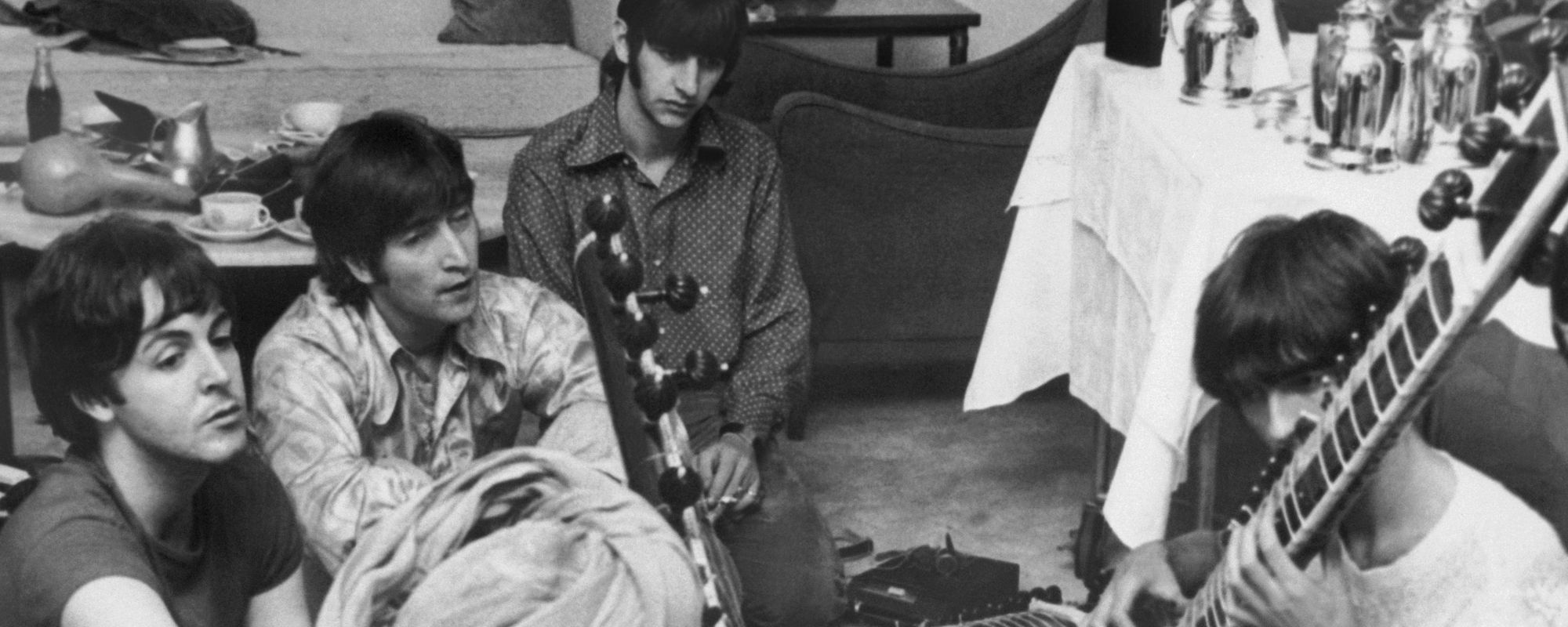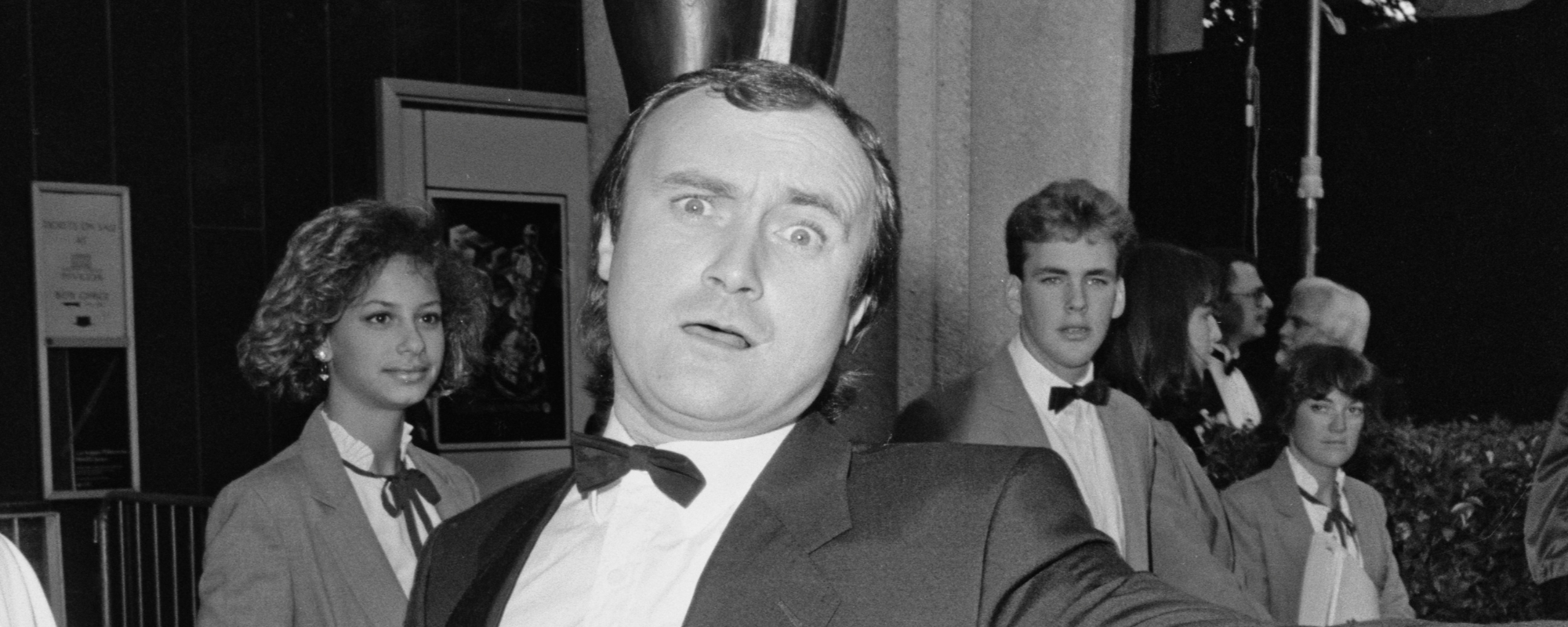“The Beatles were the reason I’m in this business,” said Phil Collins in a 1993 interview with BBC Radio. At the time, Collins was asked to talk about some of his favorite songs, which included the Beatles’ “All My Loving,” a song he said he would take to a deserted island. He added that no collection would be complete without one or two Beatles records.
“Although I’ve been playing the drums since I was 5, it was The Beatles that suddenly gave me a purpose,” added Collins. “This, I think, sums up that early-mid ’60s feeling from me when I was in school, really loving it.”
Despite an unpleasant interaction with one of his “heroes” Paul McCartney in the early ’00s, which prevented the two from building any form of camaraderie over the years, Collins’ love for the band never waned.
“I met him when I was working at the Buckingham Palace party back in 2002,” recalled Collins. “McCartney came up with [ex-wife] Heather Mills and I had a first edition of ‘The Beatles’ by Hunter Davies, and I said, ‘Hey, Paul, do you mind signing this for me?’ And he said, ‘Oh, Heather, our little Phil’s a bit of a Beatles fan.’ And I thought, ‘You f–k, you f–k.’ Never forgot it.”
Videos by American Songwriter

Collins still adored the Beatles and even named the band’s 1966 album Revolver one of his favorite albums, and called “And Your Bird Can Sing” one of the “best songs ever written.” Comparing Revolver to some of the other Beatles’ records, Collins said “‘Rubber Soul’ sounds a little clean to me and this is a more incredible collection of songs than ‘Sergeant Pepper.’”
He added, “There is also a great consistency throughout the record. With vinyl albums, you would have big moments like the end of side one, the beginning of side two, and the end of the record, and with something like ‘Revolver’ you would listen to it with great care, from the beginning to the end. With CDs, that process has gone.”
Since Collins’ teens, he also had an on-and-off working relationship with the Beatles. Here’s a look behind two moments when Collins was cut from a Beatles project.
‘A Hard Day’s Night’
As a young teen, Collins got a role as an extra in the Beatles’ 1964 movie A Hard Day’s Night but was edited out. Collins’ scene was in an audience of screaming kids, but since he didn’t seem as zealous as some of the other teens, his scene was likely cut from the film.
He later discovered his brief cameo from some of the film’s outtakes while narrating the 1996 documentary on the making of the Beatles film, You Can’t Do That! The Making of ‘A Hard Day’s Night. In the sea of screaming kids, Collins can be seen wearing a very distinctive pin tie.
“Thirty years later, I was asked to narrate a documentary about the movie,” recalled Collins. “I got to go through the outtakes. So I found a guy wearing a pin tie that looked just like me, sitting completely still. I remember thinking, ‘For crying out loud. Will you stop screaming? Let’s listen to the music.’”
Can you spot a young Collins in the footage below?
‘All Things Must Pass’
Shortly before joining Genesis, Collins got a call from his then-manager to play congas on the track “Art of Dying” from George Harrison‘s third solo album All Things Must Pass. For the session, Collins went to Abbey Road Studios to work on the song with Harrison’s co-producer Phil Spector.
“I walked in and there was George, Ringo [Starr], Badfinger, Phil Spector—and remember that this was hallowed ground anyway, being Abbey Road,” said Collins, who was 17 at the time and playing drums in a band called the Herd.
After working with Spector, Collins said his hands started bleeding from playing for an extended period of time. “So I played congas for two hours until my hands had reached the blood-blister stage,” recalled Collins. “Then Spector said ‘OK, congas.’ What I hadn’t realized was that up until then, my mike had been turned off. Half an hour after that, everybody stopped and went to watch the football. I got my check and went home.”
Once All Things Must Pass came out, Collins was disappointed that he didn’t see his name in the liner notes and his part didn’t make the final cut.
While Collins didn’t get on the album initially, Harrison credited him later on for a 30th anniversary reissue of All Things Must Pass in 2001.
Photo: Phil Collins circa 1984 (Michael Ochs Archives/Getty Images)













Leave a Reply
Only members can comment. Become a member. Already a member? Log in.